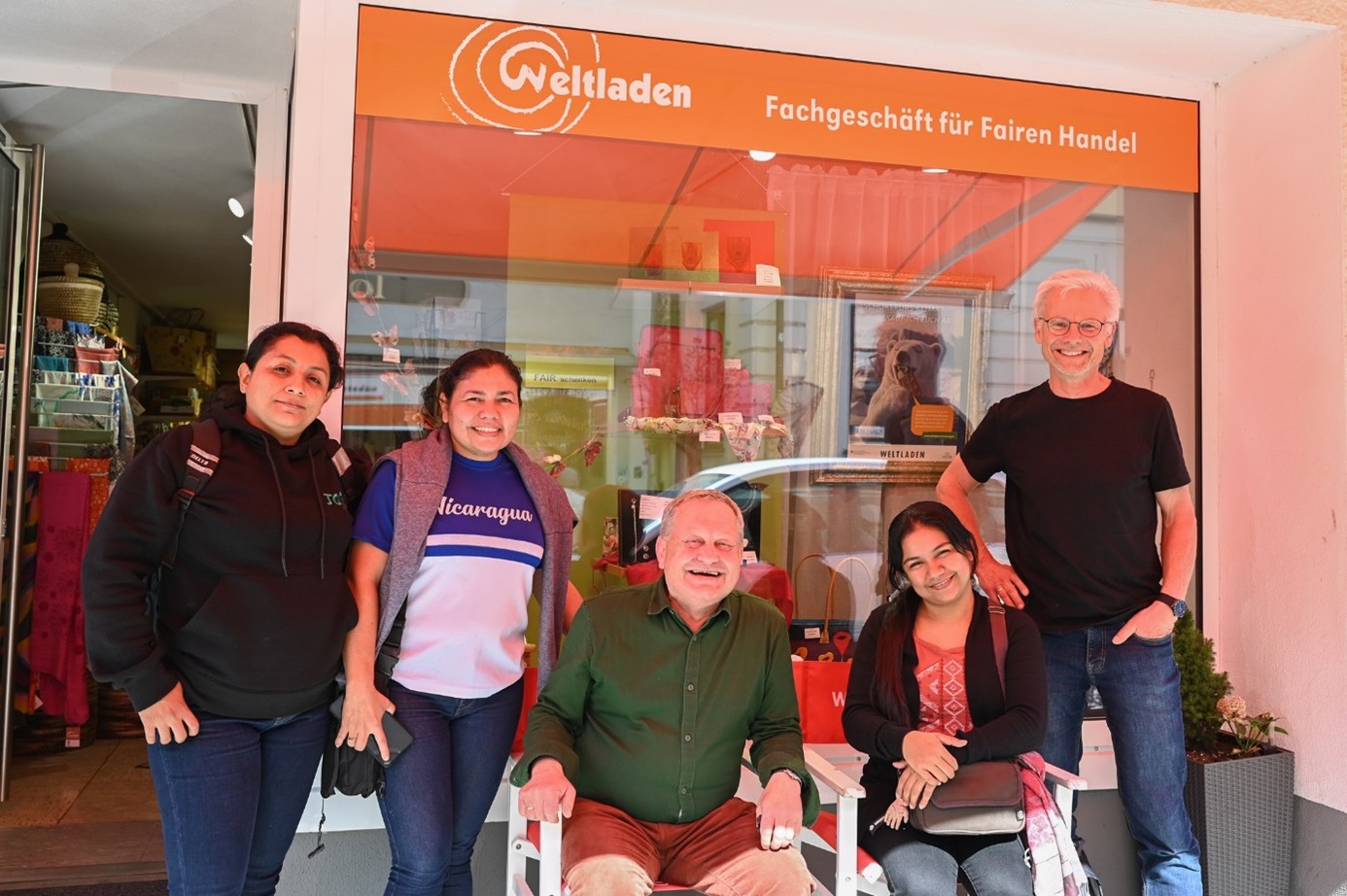
Despite a busy schedule surrounding the 100th anniversary celebrations, the three delegates from JOC Nicaragua undertook a visit to Germany afterwards. They wanted to take the opportunity to report on the reality of the working class in Nicaragua and the activities of the JOC. They were invited by the Weltladen Weißenhorn. Fair Trade Shops are shops that promote fairer trade relations between producers in the Global South and consumers in the North. During a highly interesting evening discussion on the topic of European supply chain legislation, the consequences of Trump's tariff policy on our countries were also discussed.
Karla, an adult collaborator of the JOC Nicaragua, gave a PowerPoint presentation on working conditions in the maquila free trade zones.
Many young people in Nicaragua start working in these industrial parks at a very young age, as they often have to choose between school and work.
Mostly the wages in Nicaragua are not enough to cover basic needs of the families. And we are speaking here about very basic things such as food, education, health and housing.
Warm thanks for a their solidarity. Their generous donation has enabled the YCW to finance the expenses with flight tickets to come to Europe for represented Nicaragua young people during the centenary celebrations.
Supply Chain Act
A law that obliges companies to take responsibility for social and environmental standards among their suppliers. It aims to strengthen human rights and environmental protection along the entire supply chain by requiring companies to carry out risk analyses and take preventive measures.
Unfortunately, the Supply Chain Act, for which development policy movements, churches and trade unions have fought for decades, is once again being politically undermined.
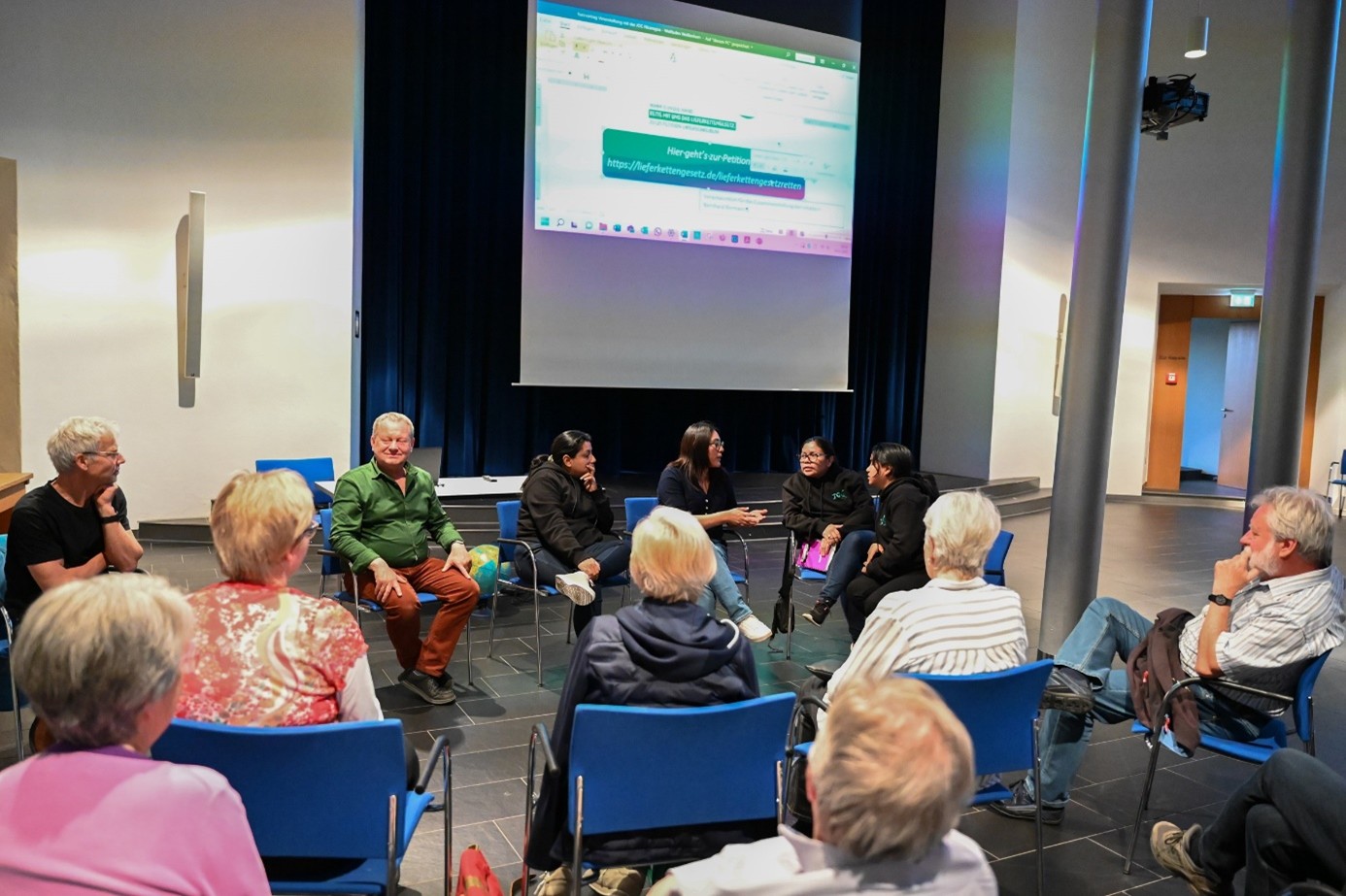
Maquilas/free trade zones in Nicaragua
Special economic zones where mainly textile factories, known as maquilas, produce goods for export. They offer tax breaks to investors, while working conditions for workers are often very poor. Low wages and long working hours are the norm. The employees in the maquilas of textile and clothing production are predominantly women, often single mothers who have to earn a living for their families.
Weltläden – fair trade shops – ensure fair global trade relations
Weltläden are shops that sell fair trade products. The aim is to enable small farmers and artisans in developing countries to earn fair wages and enjoy better working conditions. They thus stand in contrast to the unfair practices in maquilas.
The first world shop was opened in the Netherlands in 1969, and from there the movement spread throughout Western Europe. Today, there are around 900 world shops in Germany and around 2,500 throughout Europe.

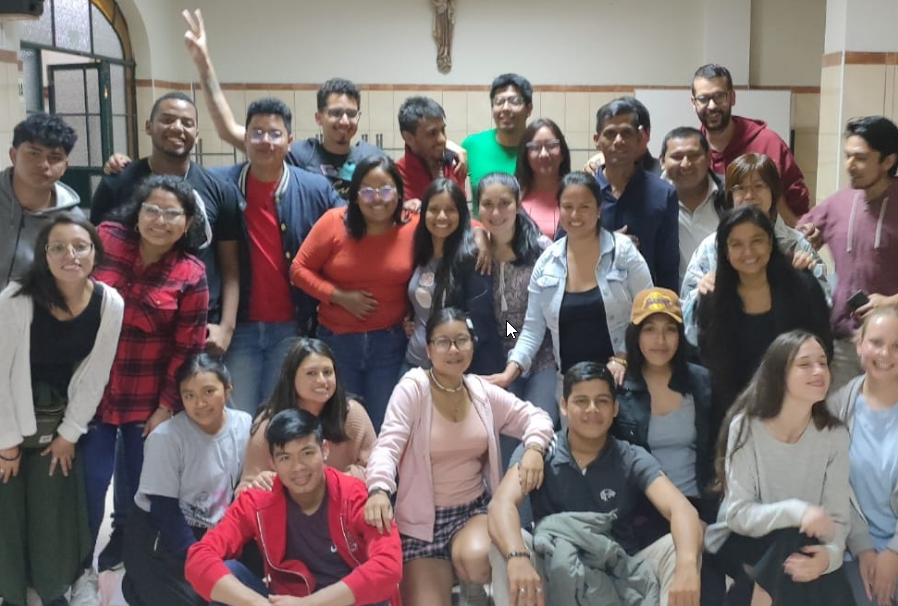
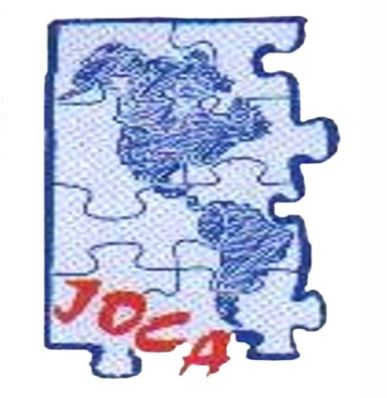
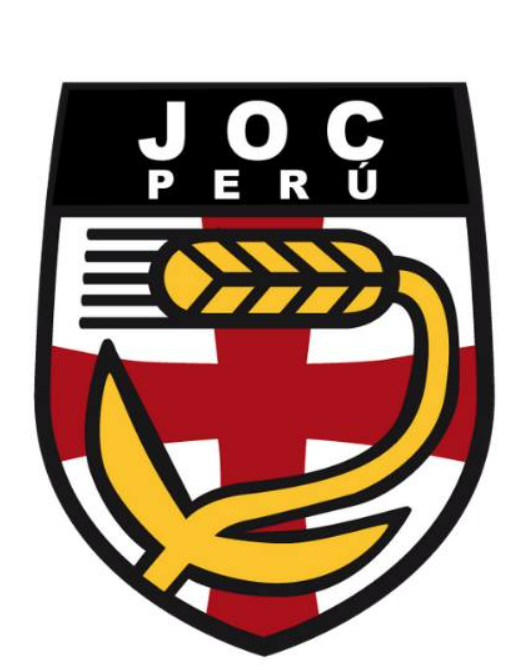
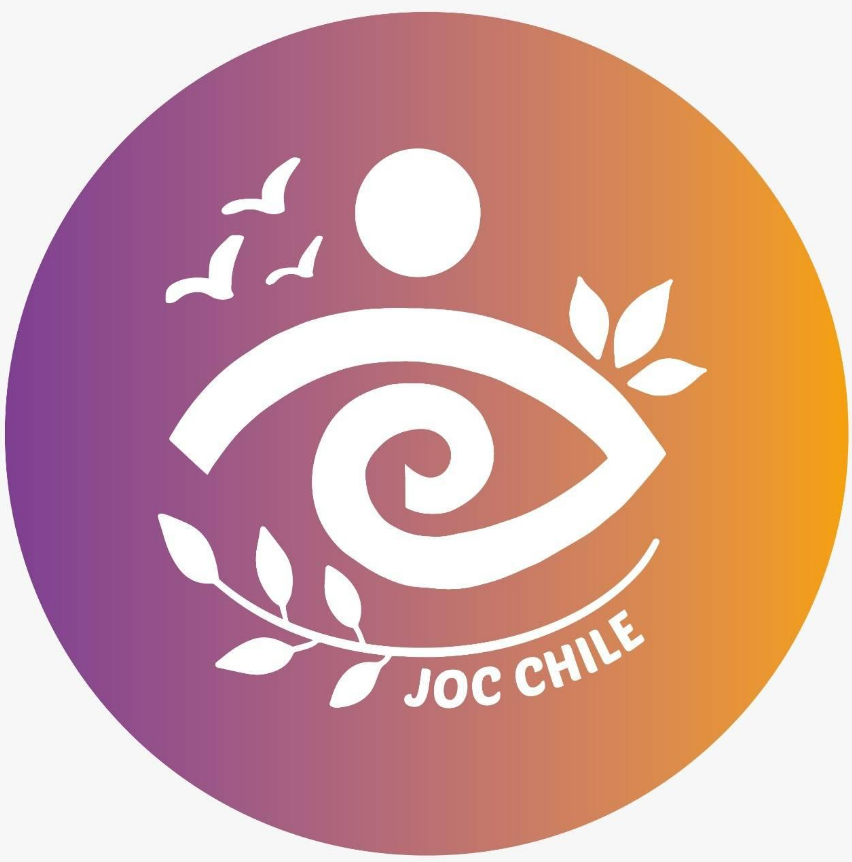
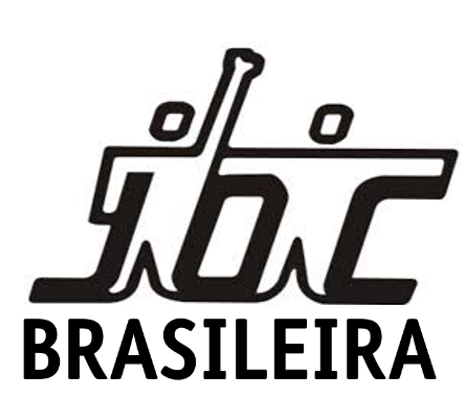

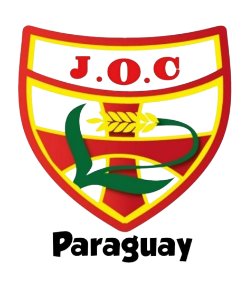
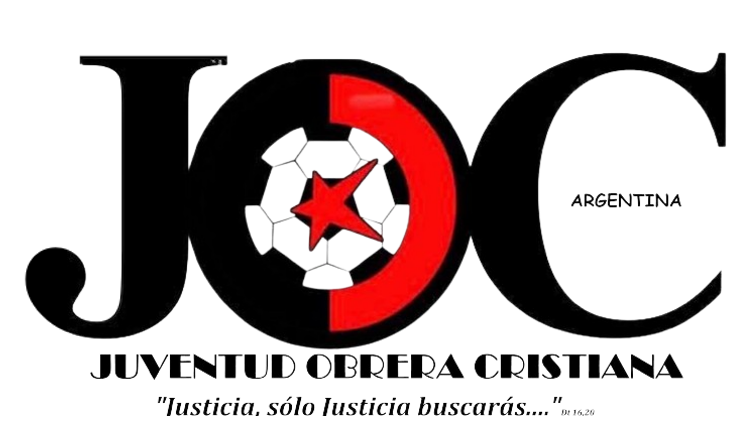

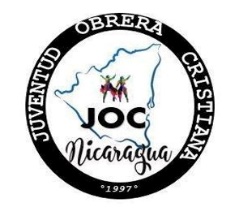

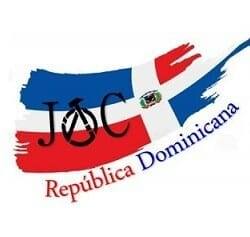

 English
English  Español
Español  Français
Français